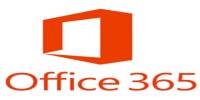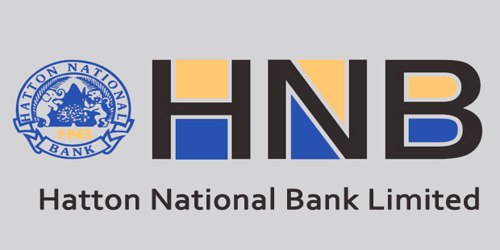eCommerce platforms are available by the dozen for all types of businesses. But identifying which one is ideal for your business can be quite a challenging task. The foremost question that you would need to brainstorm over is: Should I use an outsourced service or should I self-host my eCommerce Website? Outsourced eCommerce portals offer “Software as a service” to businesses, which basically means that the software will reside on their systems and you will be allowed to use their service or be hosted on their systems. This article takes a look at why having your own hosting space and putting your eCommerce site on it is a better option than outsourcing the eCommerce portal hosting to the vendor.
Security and Confidentiality
The most important factor which you need to keep in mind is that when outsourcing the hosting of your portal, all your data and your business information are going to be stored on an external server. This could be a security concern for your clients and even vendors if you are dealing with sensitive personal information or information which contains business or trade secrets. Even banking information and financial transactions done through your portal can be leaked or compromised. Some clients may not even transact through your portal if you are not in control of your own hosting account, as that may lead to multiple security concerns that they may not want to risk. It becomes difficult to audit the security level and the safety measures taken by third-party providers, and you have to take their word for it. In the event of a security breach, obtaining logs and other related information may also be quite difficult to obtain. Upgrading of the underlying software, templates, themes, and plugins is also done haphazardly and in an arbitrary manner, without due regard to the business of the client. This can lead to your customers being irritated or even repelled from accessing your website.
Lock In
Vendor-hosted eCommerce platforms usually have a lock-in period that can extend from 1 year to 3 years or in some cases even up to 5 years. The payment for this lock-in period is taken in advance and is not refundable. Some vendors also prevent data in the eCommerce platform from being exported or downloaded in any format during this lock-in period. This can be quite a setback for a small or medium business, especially if they realize mid-way through the contract that the tools they are being offered are either underdeveloped or too overwhelming. As mentioned earlier, your vendor has complete control of your data and can turn off your services or terminate your account with a single click. You are basically at the mercy of the service provider. Even payment gateways, shipping API, and other 3rd party vendor services will be limited to what the vendor has the ability to integrate with. For example, if they don’t have the Fed Ex Plug-in, you will not be able to use Fed Ex to automatically calculate shipping and delivery charges. In the same way, you may be able to use only certain payment gateway services, with which the vendor has a tie-up with or from which he may be getting a commission on the sales.
Customization
A vendor-hosted portal does not have the flexibility and customization capabilities of a self-hosted portal. This means that you are locked into the themes or layouts that your vendor has provided. Although your vendor may have a variety of layouts, you would still be limited to something ready-made which has not been customized for your own business. While this can be trivial for a small business, it can be quite a limiting factor for a larger business that is constantly growing. Upgrades of themes and templates are also usually controlled by the service provider and cannot be stopped or customized. If you avoid or prevent them from happening completely, you risk running vulnerable software or broken portal.
Price and Cost
Although most self-hosted eCommerce platforms are Open Source and freely available, they are mostly a basic or standard edition, which does not have Enterprise features for a large business. However, the hidden costs or additional costs that you may have to bear when buying a vendor-hosted portal as a service will add up to weigh more than what you would have ended up paying had you done everything in-house.















